Dates, the sweet and nutritious fruits of the date palm, have been a staple food in the Middle East and North Africa for thousands of years. Revered not only for their rich flavor but also for their impressive health benefits, dates have become a globally sought-after delicacy. From religious festivals to health-conscious diets, dates play a significant role in various cultures and cuisines.
While several countries cultivate dates due to their adaptability to hot, arid climates, there’s one nation that consistently tops the charts in global date production. In this article, we’ll explore which country is the largest date producer in the world, uncover the reasons behind its dominance, and examine the global market trends surrounding this ancient fruit.
An Introduction to Dates and Their Global Significance
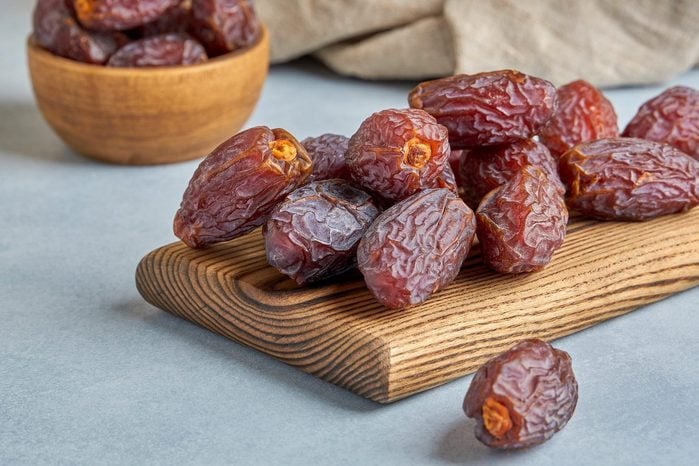
The date palm (Phoenix dactylifera) is one of the oldest cultivated fruit trees in human history, with records of date farming tracing back over 6,000 years. Native to the Middle East and parts of North Africa, date palms thrive in arid and semi-arid regions with hot days and cool nights.
Dates are highly valued for their natural sweetness, rich nutritional profile, and long shelf life. They are an excellent source of energy, fiber, potassium, iron, and antioxidants. Beyond their role as a fresh and dried snack, dates are also used in baking, confectionery, health products, and traditional medicines.
In recent years, the global demand for dates has increased as people become more health-conscious and seek natural alternatives to processed sugars. This rising demand has turned the date industry into a significant agricultural sector in many countries.
Which Country is the Largest Date Producer in the World?
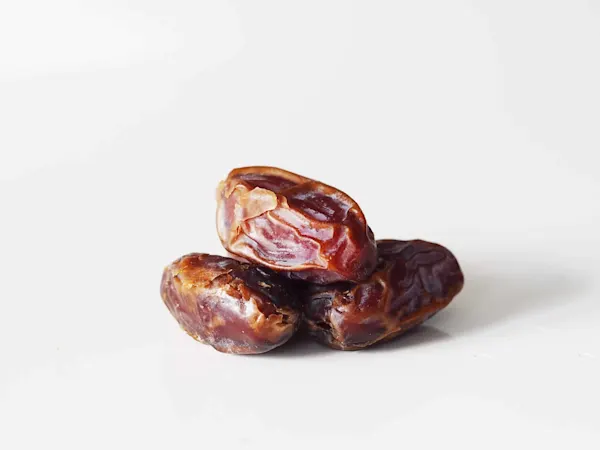
According to the latest statistics from the Food and Agriculture Organization (FAO) of the United Nations and International Trade Centre (ITC), Egypt is the largest producer of dates in the world.
In recent years, Egypt has consistently ranked as the leading date-producing country, contributing approximately 1.7 million metric tons of dates annually, which accounts for about 20% of the global date production. This remarkable figure places Egypt ahead of other major producers such as Saudi Arabia, Iran, Algeria, and Iraq.
Why is Egypt the World’s Largest Date Producer?
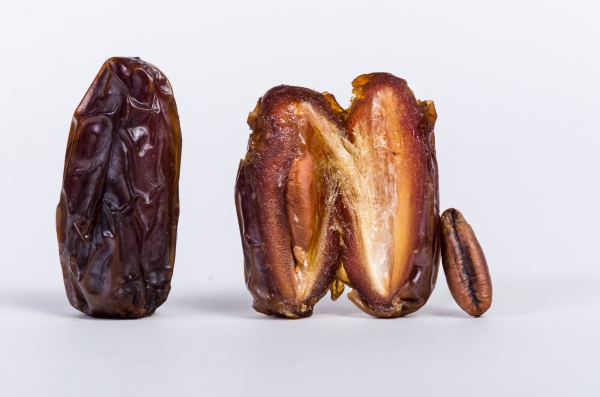
Several geographical, cultural, and economic factors explain Egypt’s dominance in global date production:
1. Ideal Climate and Geography
Egypt’s climate, characterized by long, hot summers, ample sunlight, low humidity, and minimal rainfall, creates perfect growing conditions for date palms. The Nile Valley and surrounding oases offer fertile, well-drained soils with consistent water supply from the Nile River, making large-scale cultivation both possible and sustainable.
2. Ancient Agricultural Heritage
Egypt has a rich history of date cultivation dating back to ancient times. The practice of growing date palms has been passed down through generations, and traditional farming knowledge remains embedded in local communities.
3. Extensive Plantation Areas
Egypt boasts vast date palm plantations spread across Upper Egypt, the Nile Delta, the New Valley region, and the Sinai Peninsula. Recent government-supported agricultural initiatives have further expanded cultivation areas to increase production capacity.
4. Growing Domestic and Export Demand
While dates are deeply ingrained in Egyptian culture and consumed widely during religious occasions like Ramadan and Eid, Egypt has also strategically developed its export market. Egyptian dates are exported to more than 60 countries, including Indonesia, Malaysia, Morocco, and Turkey, capitalizing on rising international demand.
Top Date-Producing Countries Globally (Recent Figures)
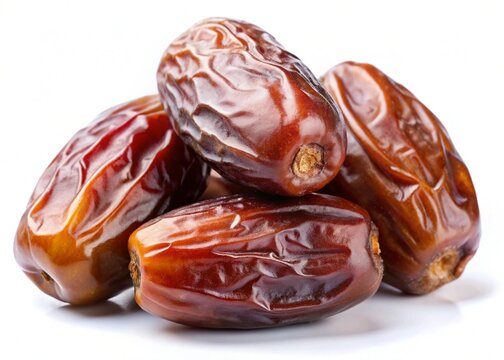
While Egypt leads the global rankings, several other countries also contribute significantly to world date production:
| Rank | Country | Annual Production (Metric Tons) |
|---|---|---|
| 1 | Egypt | 1.7 million |
| 2 | Saudi Arabia | 1.6 million |
| 3 | Iran | 1.3 million |
| 4 | Algeria | 1.1 million |
| 5 | Iraq | 750,000 |
Note: Figures are approximate and subject to annual variations based on climate and market factors.
Major Date Varieties Grown in Egypt
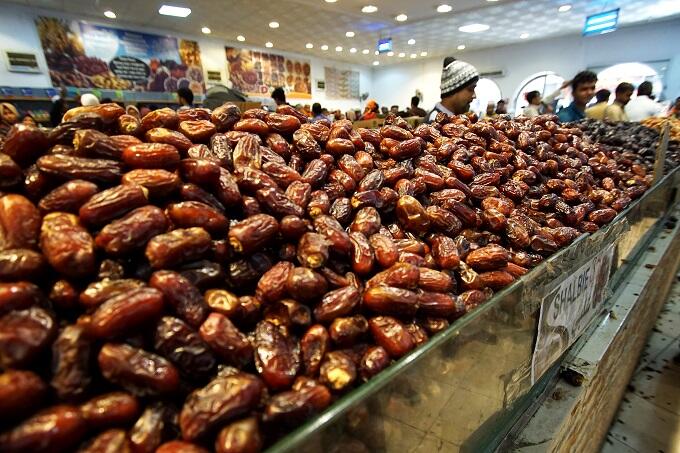
Egypt produces a diverse range of date varieties, catering to both domestic and international markets. Some of the most notable types include:
- Siwi: One of the most popular and commercially valuable varieties, known for its semi-dry texture and rich flavor.
- Zaghloul: A fresh, sweet, red-skinned variety harvested early in the season.
- Hayany: A soft, sweet, and moist date often consumed fresh.
- Amhat: Valued for its longer shelf life and commonly exported.
Egypt’s wide range of date varieties allows it to serve different consumer preferences, from fresh and soft dates to dry and semi-dry types suitable for export and long-term storage.
The Importance of Dates in Egyptian Culture and Economy
Dates hold both cultural and economic importance in Egypt:
1. Cultural Significance
Dates have been a symbol of hospitality and celebration in Egyptian culture for centuries. They are prominently featured in religious traditions, particularly during Ramadan, when breaking the fast with dates is a longstanding custom. Dates are also used in weddings, religious feasts, and traditional medicine.
2. Employment and Rural Development
The date palm industry supports thousands of farmers, laborers, traders, and exporters in Egypt. It contributes to rural employment and community development, particularly in remote and desert regions.
3. Export Revenue
The export of Egyptian dates generates significant foreign exchange earnings. In recent years, Egypt has made strategic moves to modernize date farming, improve packaging and quality standards, and open new markets in Asia, Europe, and North America.
Global Date Market Trends
The global demand for dates has grown steadily over the past two decades, driven by several factors:
- Health and Wellness Trends: As consumers increasingly seek natural, nutrient-rich snacks, dates are being recognized as a healthy alternative to processed sugars.
- Religious and Cultural Consumption: Dates play an essential role in Islamic, Christian, and Jewish traditions, particularly during religious holidays like Ramadan and Passover.
- Expanding Processed Date Products: The growing popularity of date-based products — such as date syrup, date bars, and stuffed dates — has boosted global demand.
- Trade Liberalization and Improved Logistics: Better transport infrastructure, improved cold storage, and relaxed trade policies have made it easier for date-producing countries to access global markets.
Challenges in the Date Industry
Despite its success, the global date industry faces challenges:
- Water Scarcity: Date cultivation requires significant water resources, and managing irrigation in arid regions is increasingly difficult due to climate change.
- Pest and Disease Control: Date palms are vulnerable to pests like the red palm weevil, which can cause severe damage.
- Post-Harvest Handling: Ensuring high quality during harvest, storage, and transportation remains a challenge, especially in hot climates.
- Market Competition: Rising production in countries like Saudi Arabia and Algeria increases competition in export markets.
Conclusion
To sum up, Egypt is the largest date producer in the world, a position it has maintained for many years due to its ideal growing conditions, ancient agricultural heritage, and expanding export markets. With over 1.7 million metric tons produced annually, Egypt contributes nearly a fifth of the global date supply.
As global demand for dates continues to rise, driven by health trends, religious traditions, and diverse culinary applications, Egypt remains at the heart of the international date trade. Through continued investment in modern farming techniques, improved logistics, and market diversification, Egypt is well-positioned to sustain its leadership in the global date industry for years to come.
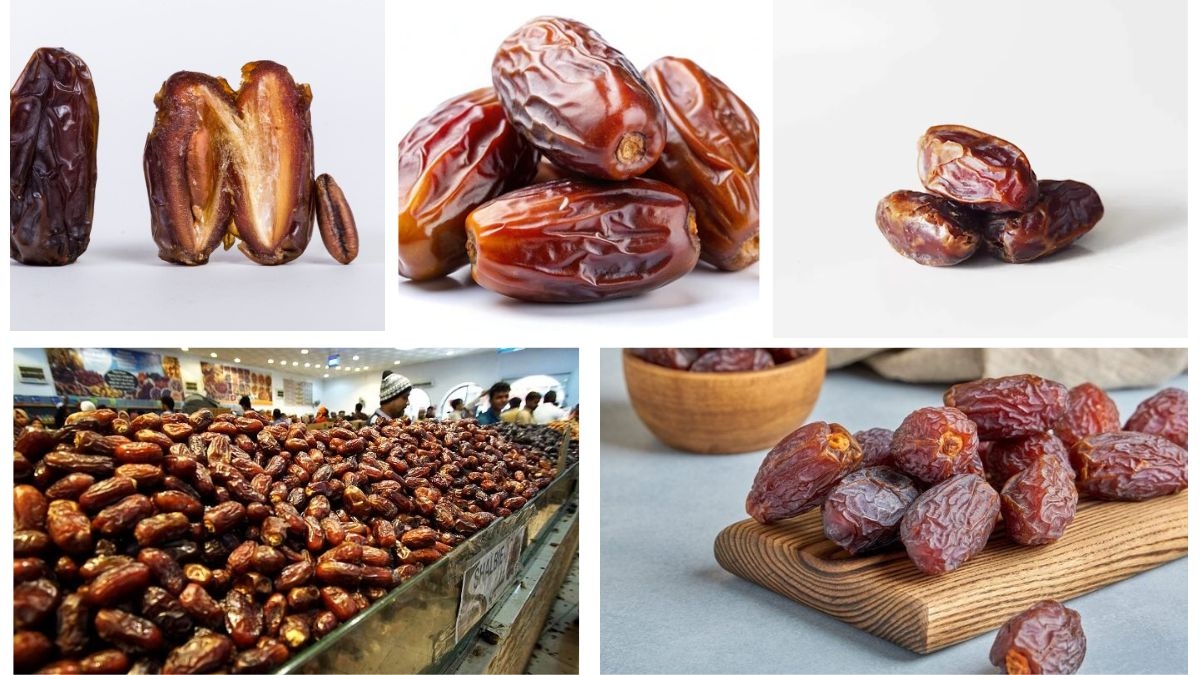



Leave A Comment